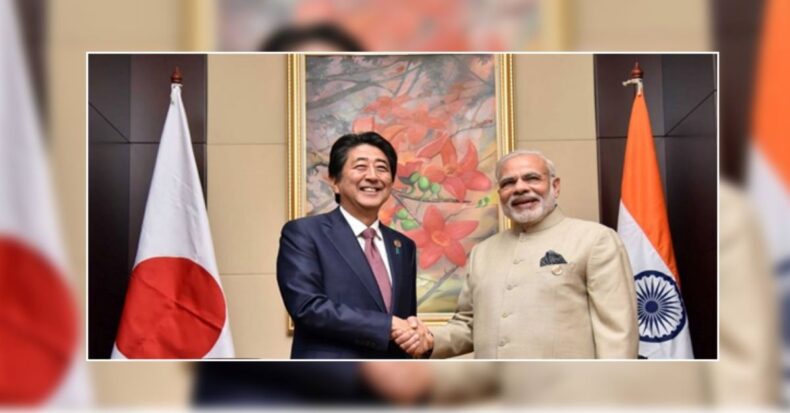The recent events in Sri Lanka have put its neighbours, such as India, and friends, such as Japan, in a bind. Sri Lanka is India’s next-door neighbour, and any disruption that nation is likely to have a direct influence on India, particularly in the country’s southern regions.
Sri Lanka has indeed been engulfed in a financial trap. Because it was unable to return one of its Chinese loans on time,it had no choice but to hand over operation of the its Hambantota port to a Chinese business in exchange for a 99-year lease.
The crucial role of India and Japan
Sri Lanka has requested emergency financial assistance from International Monetary Fund (IMF), and talks on a bailout have already begun. The government already has notified the creditors that it will defaults on $35.5 billion in foreign debt for a period of time.
Sri Lanka received a $1 billion USD line of credit from India in March 2022 to purchase vital commodities. State Bank of India is providing this “short term concessional credit facility” following an agreement made by the two countries during Sri Lanka Finance Minister Basil Rajapaksa’s visit to India in March.
New Delhi also has agreed to contribute an increased $500 million in financial aid to SriLanka to help it purchase fuel, as the IMF’s assistance will take time to arrive. For quite some time, Japan and India have indeed been coordinating their activities in Sri Lanka.
Sri Lanka, Japan, and India struck an agreement in 2019 to create the Colombo Port’s East Container Terminal, which is expected to cost around $500 million to $700 million USD. Sri Lanka then cancelled the agreement, and an alternative facility, the West Container Terminal (WCT), was replaced for Indian and Japanese needs.
The main cause of Sri Lanka’s economic disaster is financial mismanagement by successive governments, which established and perpetuated a dual deficit: a budget deficit and a current account deficit.

The root cause
The Easter Bombings in 2019, which killed 269 people were injured dozens more while also wreaking havoc on the economy, worsened the situation further.
The effect of COVID-19, which harmed the country’s tourism sector, severely affected the country’s income. In the aftermath of the outbreak, when several workers were laid off through their employers, remittances by Sri Lankans working overseas dried up as well.













